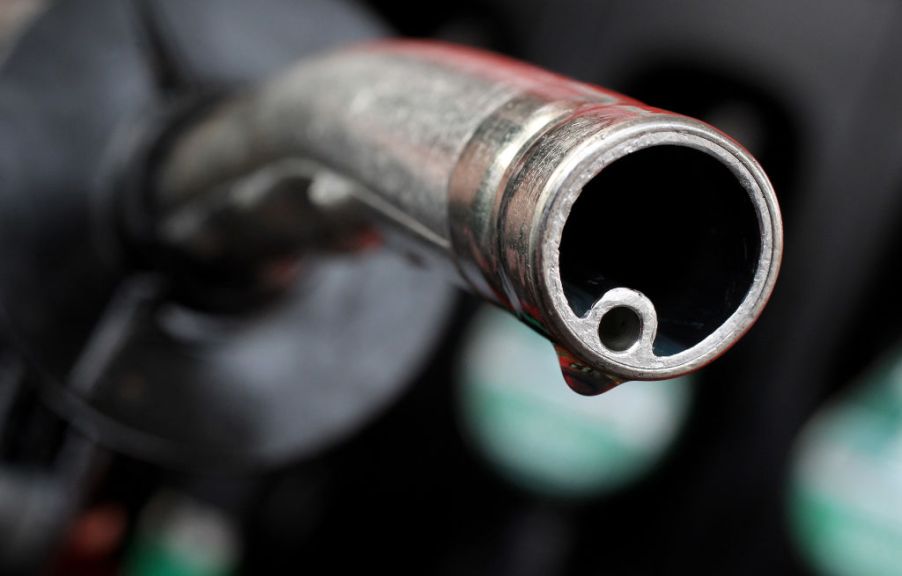
Porsche Is Now Making Synthetic eFuel: Will It Make Your Classic Car EV Clean?
The wish of every person driving a classic or older daily driver is that there could be a magic pill you put in your gas tank to make your car run clean. In some ways, the announcement that Porsche is producing synthetic fuel could be like a magic pill. That’s because, without modifications, synthetic fuel burns clean. Michael Steiner, part of the development and research executive board for Porsche, says the exhaust emitted from its combustion is “often better than the ambient air in cities.”
How does eFuel work?

So whether driving a Model T Ford or 1953 Packard Caribbean convertible, dumping eFuel into the tank makes it as clean as a Tesla. The plant, located in Punta Arenas, Chile, began producing its eFuel on December 20. Porsche plans on using its eFuel for both passenger and racing cars.
Carbon-neutral gasoline mixes hydrogen in water and carbon dioxide in the atmosphere. Its only byproduct is the emission of carbon. Hydrogen gets pulled out of the water through electrolysis. But this process uses large amounts of energy, so the only way this doesn’t become just a carbon transference is with the use of renewable energy.
With Chile’s high wind levels throughout the year, it became the choice for its renewable energy potential. Porsche estimates it has four times more potential than any other area in the world.
Why is Porsche making eFuel?

The company’s aim is obvious, to fuel internal combustion engines for decades to come. “There are currently more than 1.3 billion vehicles with combustion engines worldwide,” says Steiner. “Many of these will be on the roads for decades to come, and eFuels offer the owners of existing cars a nearly carbon-neutral alternative.”
Once Haru Oni eFuel production reaches scale, it could potentially extend or even eliminate mandates for ending internal combustion engine production. Porsche predicts it will reach the estimated full 145 million gallon capacity by 2027. It is currently producing an initial 35,000 gallons a year.
Not to burst bubbles, but there are caveats to all of this. Porsche doesn’t intend to make its eFuel available to the public. It is intended for racing purposes and for use at its various experience centers.
How much will it cost?

And Porsche estimates production costs at two dollars per liter, averaging around $7.60 per gallon. This doesn’t include shipping costs, taxes, and wholesale markups, though increasing production will lower this amount. The good news is that Porsche is not the only company investing in eFuels. Porsche parent Volkswagen, Aston Martin, and Lamborghini are all developing their own eFuel. And that’s just automakers.
Porsche partners Highly Innovative Fuels, Siemens, and ExxonMobil all are preparing for large eFuel production. So all of this march toward large quantities of production along with the resultant competition will surely drive down the costs to consumers. Though, we doubt pricing will ever be in the same realm as fossil fuels are today.
So while this seems too good to be true, with production already happening, it is the here and now. Hopefully, with so much interest in eFuels, production can ramp up to make it readily available in this world of auto electrification.



